Denomination Frustration: Whose Kingdom Are We Building?
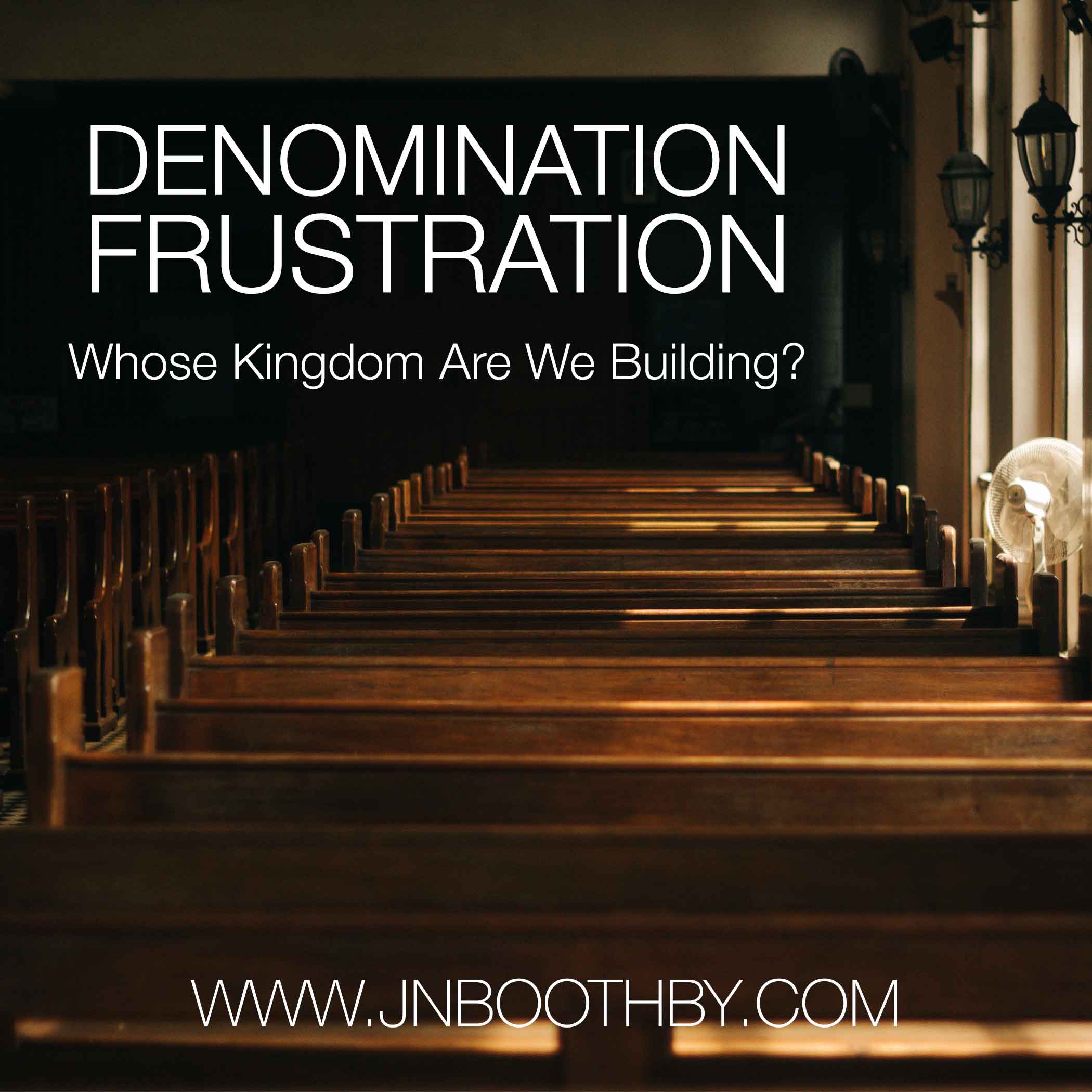
Introduction
I’ve been holding onto this article for a year. Tweaking it. Rewriting it. The truth is that I don’t want to offend people. And that should be a big disclaimer here. I know there are great denominational churches out there that are truly invested in the Kingdom of God. However, my experiences in denominational churches have not reflected that. My goal in this post is to be a warning to denominational churches. Our loyalties to Jesus should be at the center of every Christ-follower and I want us to get back to our first love.
I grew up and was baptized (as a baby) in the United Methodist Church. When I was 10, my parents decided to attend a Baptist Church where I would be baptized…again (this time I semi-knew what was happening). After hating God for about 2-3 solid months when I was 17, I felt like my faith had meaning for the first time when I was baptized in the Holy Spirit and began speaking in tongues (I know, I’m a heretic to some of you). So I became a Pentecostal. Since that moment I knew I was called to ministry. My Mom and Nana always claim I’ve wanted to be a Pastor since I was a child. I’ve served Assembly of God Churches, Presbyterian, United Methodist, and other non-denominational churches. After serving in some form of ministry for over a decade I am frustrated and fatigued by the denominational culture.
My goal for this article is not to sit here and bash each denomination ad nauseum. My goal is to share my experiences and the ways in which I’ve seen how denominations are building their own kingdoms. My desire is that some denominational leadership will read this post with an open heart to learn how to approach their denomination with a fresh perspective. Even though I wish denominations didn’t exist, I hope this article will challenge us to really examine the ways in which our denominations should be doing a better job of serving the Kingdom rather than their own man-made purposes.
Why Can’t I Do That?
I won’t pull any punches to begin here. I have a M.Div. and a B.S. in Practical Theology. I essentially went to ministry school for 7 years. However, because I’m not a member of certain denominations I am not allowed to bless and give communion, I am not allowed to baptize people, and I’m not allowed to preach. You read that right. Simply because I don’t have credentials with a denomination, despite my theological and ministry background, despite my references, despite my confirmation from other church leaders, I’m not allowed to do those things.
I remember wanting to give communion to students on a retreat one year while I was a Youth Pastor. When I asked the Pastor how to get the elements, he responded with a, “You’re not allowed to do that.” I legitimately laughed thinking he was joking because I had done all of these things in ministry school where I got my qualifications to do this very thing. Students were literally not able to take communion on the retreat because I was not affiliated with the denomination.
Furthermore, in the last two churches I served in I was not allowed to preach one time. Oh, I could do announcements. I was allowed to be the token millennial who was doing ministry in their church. However, because I was not a denominational credential holder, I wasn’t allowed to preach (or so I’ve been told). And yet I’ve witnessed people who have no real biblical or pastoral training allowed to preach in those denominations. Why? Because they are affiliated with the denomination. For them, it’s not about hermeneutics, homiletics, or even necessarily calling. Instead, it’s “Are you loyal to our kingdom?”
As I will establish throughout this entire article, denominations aren’t advancing the Kingdom of God because they’re too busy establishing their own kingdoms for their own glory. And while I believe that denominations can be a good ministry in theory – in practice, denominations transform into a typical government body: corrupt and all about themselves.
Accountability?
One of the most important aspects that set denominations apart from non-denominational churches is supposed to be the accountability factor. Structures and systems are in place to deal with toxicity, dysfunction, injustice, and abuse. However, this is not what I’ve witnessed or experienced. Instead, tribes have formed that protect people who’ve been in the denomination for years. When a member who has been a part of the denomination for years does something out of line, there is little done with regard to discipline. So what happens? The very system that was designed to deal with toxicity, dysfunction, abuse, and injustice coalesces into a structure that tolerates the aforementioned characteristics because the tribe has become more important than discipline and authentic discipleship.
I’ve seen Pastors berated by their congregation for petty or false matters. I’ve seen parishioners berated by their Pastors for calling out the failed systems. I’ve seen lay leadership supersede Pastors with no respect for authority. Unfortunately, I’ve heard stories from others that remind me I haven’t even scratched the surface of dysfunctional church cultures. Where is the denominational accountability? I’m not going to assume that having a denomination automatically ensures that dysfunction and abuse won’t happen. However, I’ve noticed that denominational leadership fails to step in when they are needed the most. Part of that falls on the Pastor for not being open and honest with their leadership. Part of that also falls on that leadership for not having open and honest channels of communication.
Bottom Line: If you want to be a denomination with structures and systems in place to deal with dysfunction and abuse, then you need to do a better job of accountability and church discipline.
Whose Kingdom Is It?
Let’s get real open and honest about missionaries here for a second. What I’ve witnessed in most denominational churches is that they do not care about missions or all missionaries. Some just drop money in a bucket. Others only care about the denominational missionaries. There are some denominations that only give credit to churches for donating to their missionaries. I was recently criticized for trying to help missionaries who were not a part of their denomination. As I mentioned above, too many denominations are more concerned with building their kingdom rather than the Kingdom of God…and it shows!
I know a missionary who went to a church to seek support and the church responded, “We love what you’re doing but we only give to our denominational missionaries.” Could you imagine walking up to Jesus and asking Him for something and He say, “Well I would but you’re a Methodist and I’m a Baptist so until you become a Baptist I can’t help you.” Whose Kingdom are we building? Whose Kingdom are we sowing our finances and time in to?
Let’s address a similar topic while we’re here. Loyalties. Our loyalty is to Jesus and the Kingdom of God alone. We are not loyal to any denomination or church or country for that matter. We are loyal to Jesus. There are some denominations that make you pledge loyalties to that denomination whenever you’re baptized, confirmed, etc. Are we really pledging our loyalties to a man-made structure that is going to fail us? Once again, our only loyalty on this earth as Christ-followers is to Jesus because Jesus Is Lord.
Bottom Line: Denominations need to ask themselves, “Whose Kingdom are we building?” Are you more concerned with your denomination than you are about Jesus? If so, you may need to detox from your denomination.
Let’s Wrap This Up
I’ve had this article written for a while now but I couldn’t figure out a way to end it. I wondered if this was enough to get my point across. I’m pretty frustrated and disillusioned because I’ve served in denominations where I was not allowed to use the gifts God has given me to do effective ministry. I was bound because of the denomination and when I tried to do my job effectively I would be silenced or falsely slandered. If I didn’t care what people thought about me this article would look vastly different. Even though I’m sure there are plenty of people who are offended at this point already. So I want to bring everything home in a way that would leave things on a positive note.
Denominations are not inherently good or inherently evil. Ultimately a denomination is a part of the Kingdom and in theory, building a denomination should be building the Kingdom of God on earth. The communities and networks that form in denominations are excellent reminders of how powerful the Kingdom could be if we all worked together. The problem, however, is the problem that exists in almost any church – authentic accountability. Over time, man-made loyalties begin to form and objective and authentic accountability slowly fades into the background never to be seen again. And when accountability fails, the denomination moves from the Kingdom to a Country Club.
Marantha/ מרנאתא,
-Justin
Leave A Comment
I’d love to hear your thoughts on this article! Please remember to be kind and respectful. If you didn’t like something, I always welcome constructive criticism. However, any form of hatred, bullying, or racism will not be tolerated.
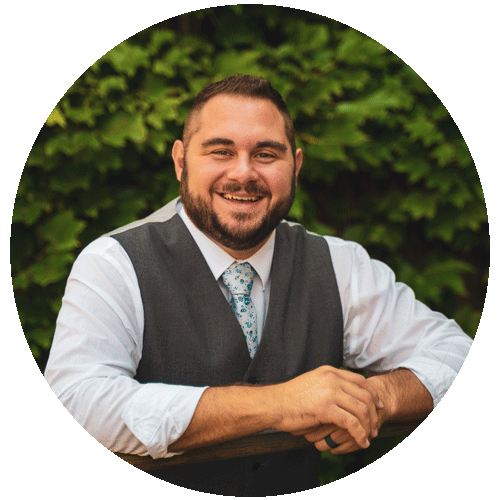
About The Author
Justin Boothby is a lifelong student who loves to travel, film, write, design websites, and life coach. Most importantly he loves to Pastor in all different kinds of ministry settings. He’s also an avid pizza lover, metalcore listener, and shot glass collector.
Recent Blog Posts

Busyness: Oh Busy, Busy Bees
Busyness has become one of the true adversaries of America. How do we combat this enemy and reclaim our lives?
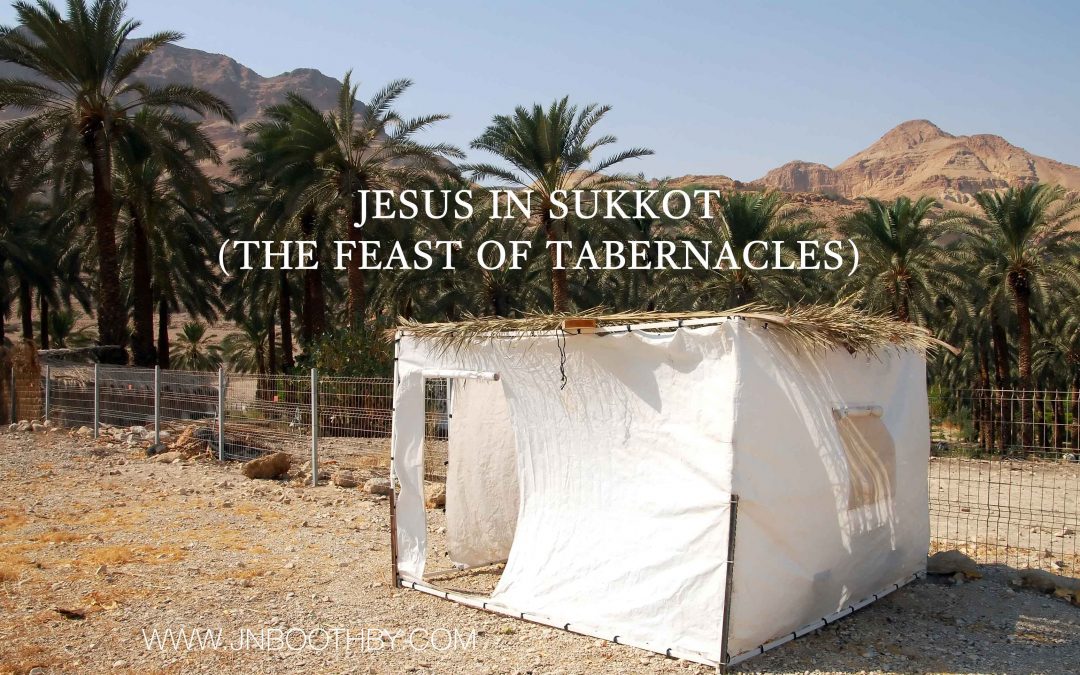
Jesus In Sukkot
Jesus in Sukkot: Tents. Celebrations. Immanuel: God among us. This festival celebrates God living among humans.
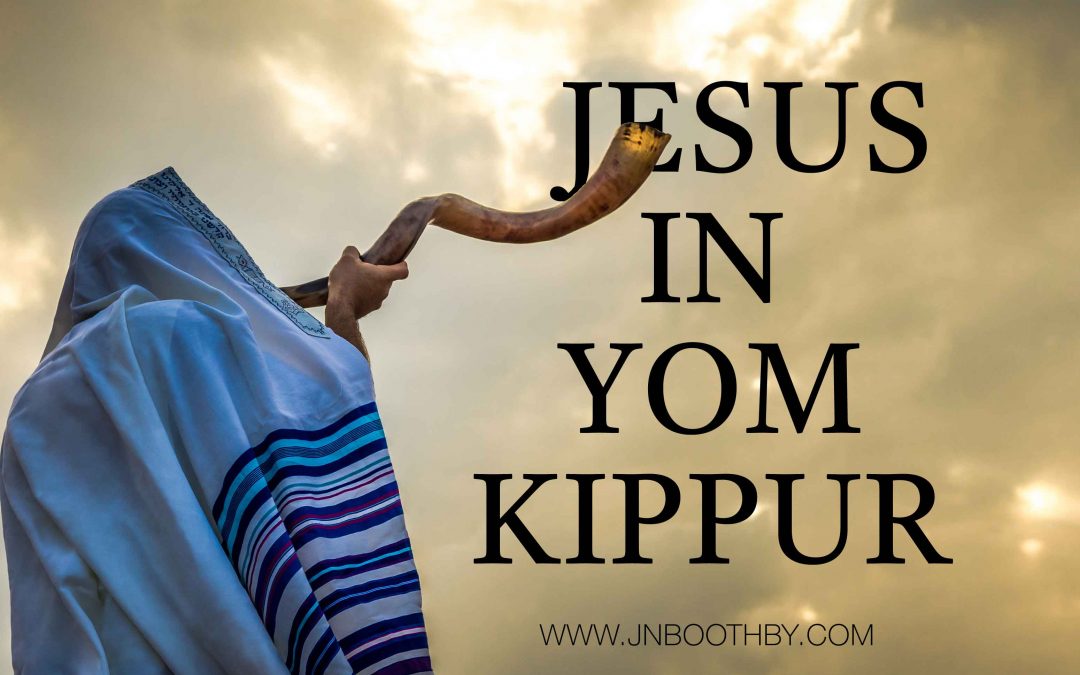
Jesus In Yom Kippur
Jesus in Rosh Hashanah: This festival is the perfect time to celebrate everything that Jesus has done and will do for us!

Jesus In Rosh Hashanah
Jesus in Rosh Hashanah: This festival is the perfect time to celebrate everything that Jesus has done and will do for us!
About The Author
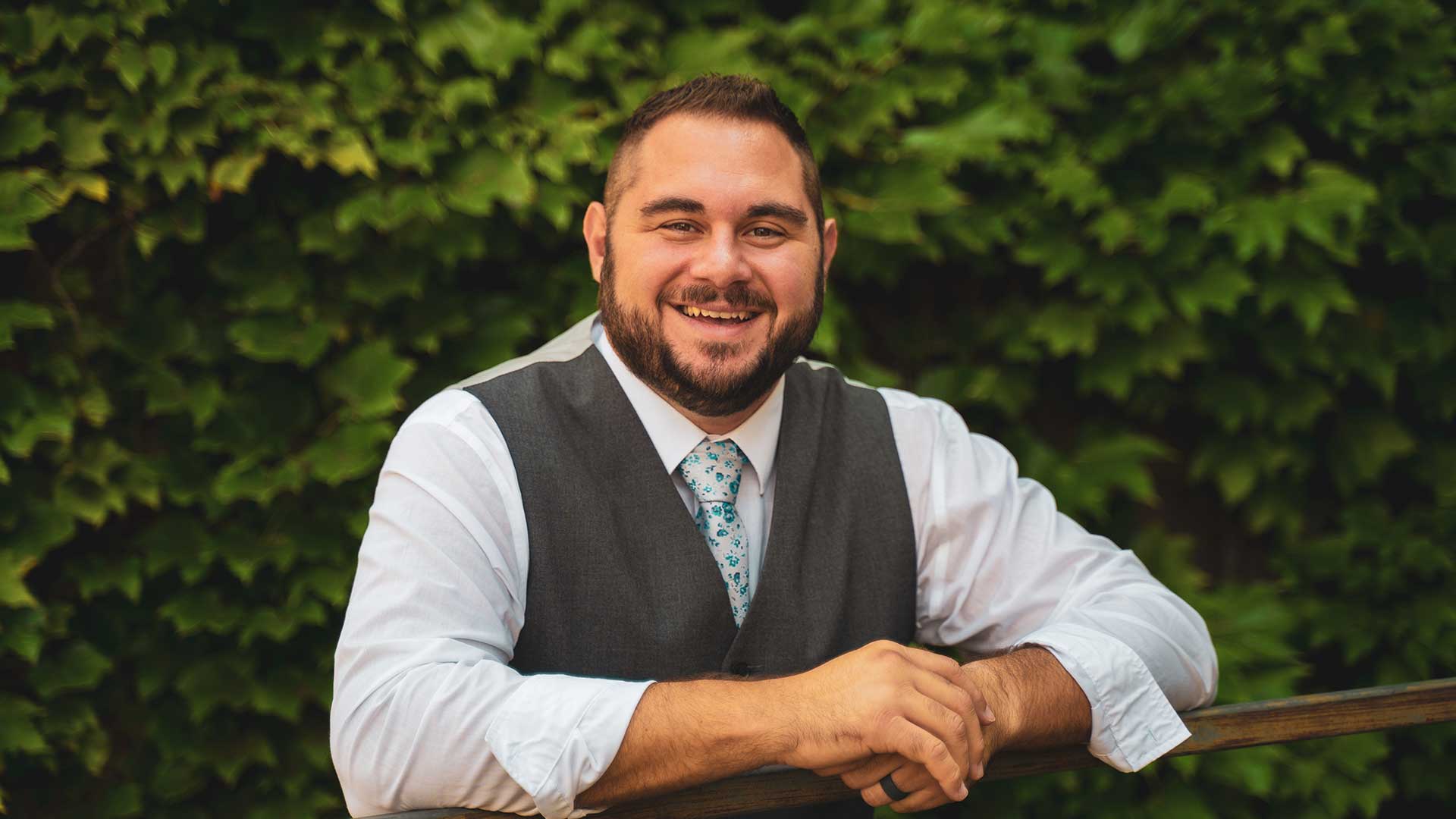
Justin is a lifelong student who loves to speak, travel, film, write, and coach. He has a goal of empowering others to grow closer to Jesus in practical and unique ways. After acquiring two degrees in Practical Theology and then studying in Israel for two years, Justin has a passion to help people read the Bible with a deeper appreciation in its original, ancient context.
M.A. Hebrew University of Jerusalem
M.Div. Regent University
B.S. Southeastern University
